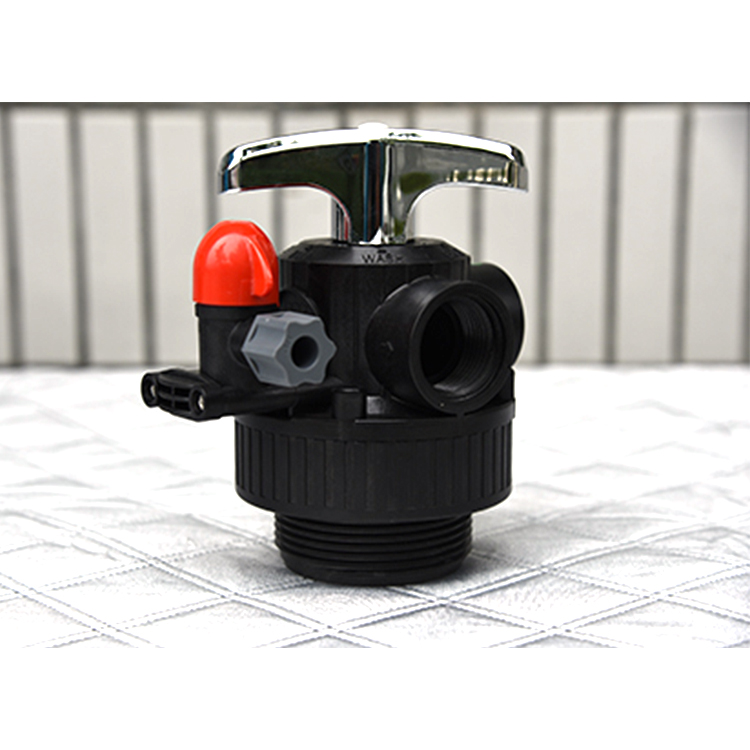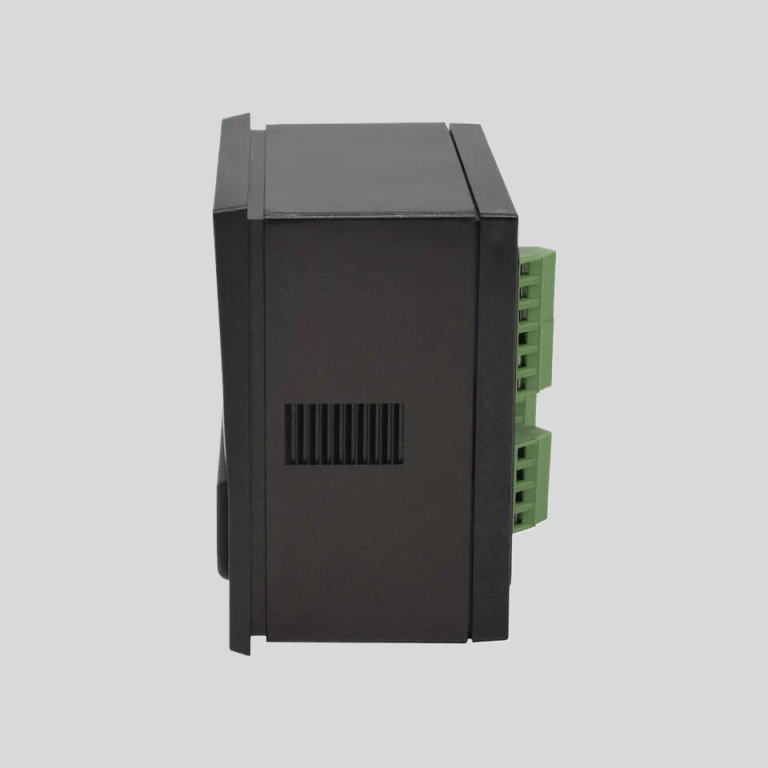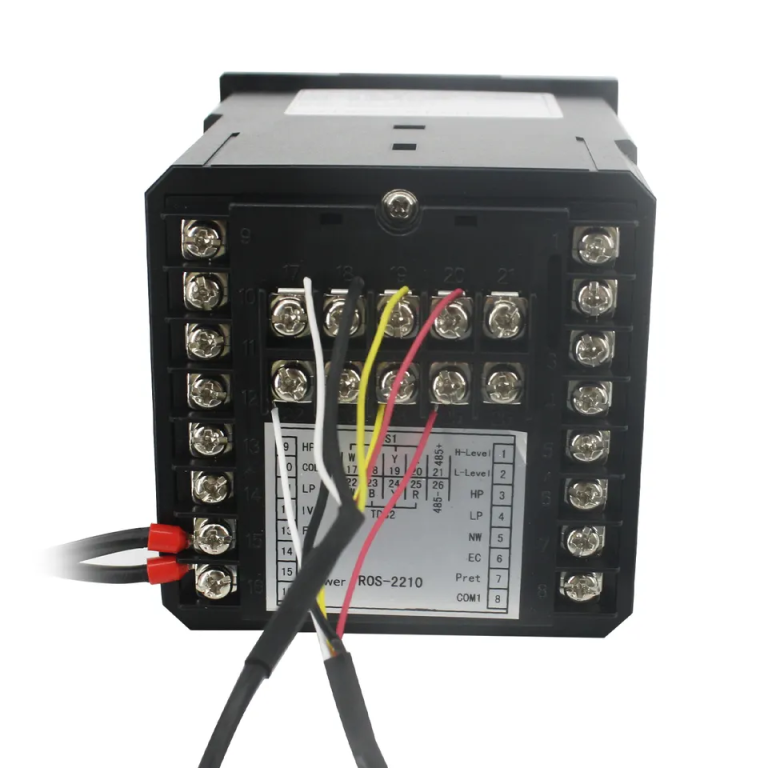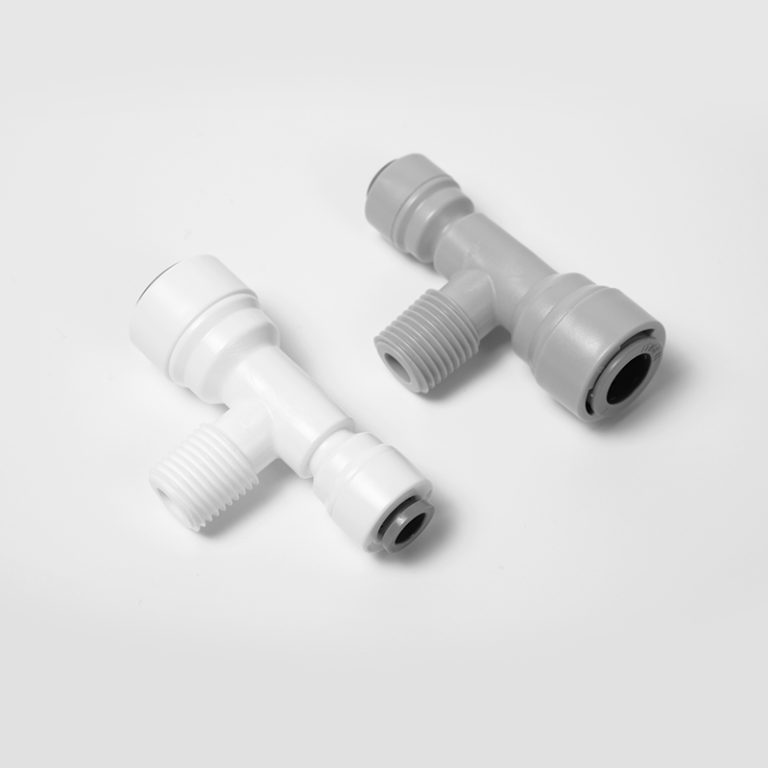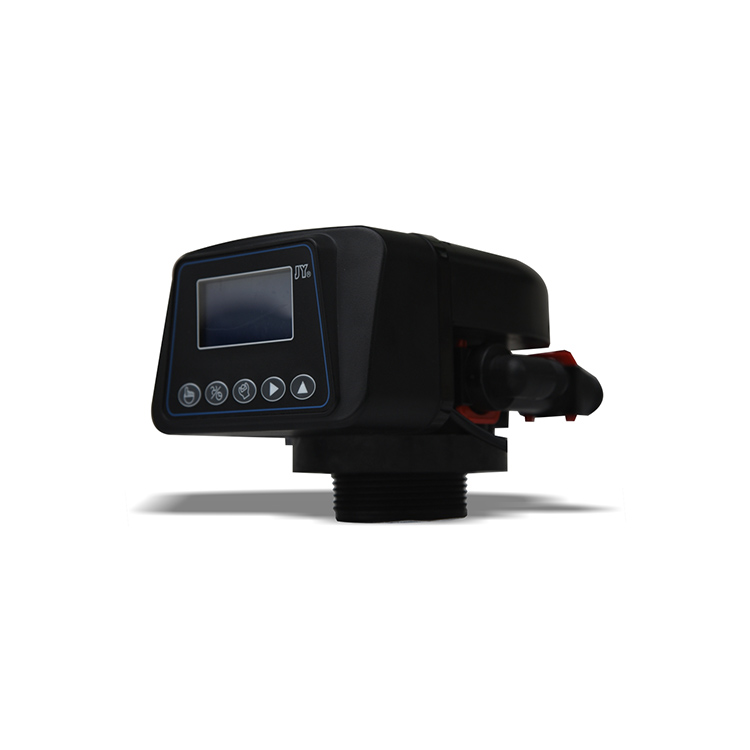Troubleshooting common issues with water softeners.
Potential Causes of Hard Water from Water Softener
If you have a water softener in your home but are still experiencing hard water, it can be frustrating and confusing. There are several potential causes for this issue that may need to be addressed in order to ensure that your water softener is functioning properly and producing soft water.
One possible reason for your water softener not making soft water is that it may be improperly sized for your household’s water usage. If your water softener is too small for the amount of water being used in your home, it may not be able to effectively remove all of the minerals that cause hard water. This can result in water that still feels hard and leaves behind mineral deposits on surfaces.
Another common cause of hard water from a water softener is that it may not be regenerating properly. Water softeners use a process called regeneration to remove the minerals that cause hardness from the resin beads inside the unit. If the regeneration cycle is not functioning correctly, the resin beads may not be fully recharged and able to effectively remove minerals from the water. This can lead to hard water coming out of your taps.
Additionally, if the salt level in your water softener is too low, it can also result in hard water. Salt is essential for the regeneration process to occur, so if there is not enough salt in the brine tank, the resin beads may not be able to effectively remove minerals from the water. It is important to regularly check and maintain the salt level in your water softener to ensure that it is functioning properly.
Furthermore, if the resin beads in your water softener are old or damaged, they may not be able to effectively remove minerals from the water. Over time, resin beads can become worn out or fouled with mineral buildup, reducing their ability to soften water. In this case, the resin beads may need to be replaced in order for the water softener to produce soft water.
Another potential cause of hard water from a water softener is that there may be a problem with the control valve or settings on the unit. If the control valve is not functioning correctly or if the settings are not adjusted properly, the water softener may not be operating as it should. It is important to regularly check and calibrate the control valve on your water softener to ensure that it is working correctly.
| Model | Valve Material | Inlet/Outlet | Continuous (0.1Mpa drop) | Peak (0.175Mpa drop) | Cv** | Maximum Backwash (0.175Mpa drop) | Distributor Pilot | Drain Line | Brine Line | Mounting Base | Height (from top of the tank) |
| CM27 | Unleaded brass | 1″(Male) | 5.9m³/h | 7.5m³/h | 6.8 | 25gpm | 1″(1.05)O.D. | 3/4″(male) | 3/8″, (1/2″) | 2.5″-8 | 6-1/2″ |
In conclusion, there are several potential causes for your water softener not making soft water. It is important to properly size your water softener, ensure that it is regenerating properly, maintain the salt level, check the condition of the resin beads, and monitor the control valve and settings. By addressing these potential issues, you can ensure that your water softener is functioning properly and producing soft water for your household.
